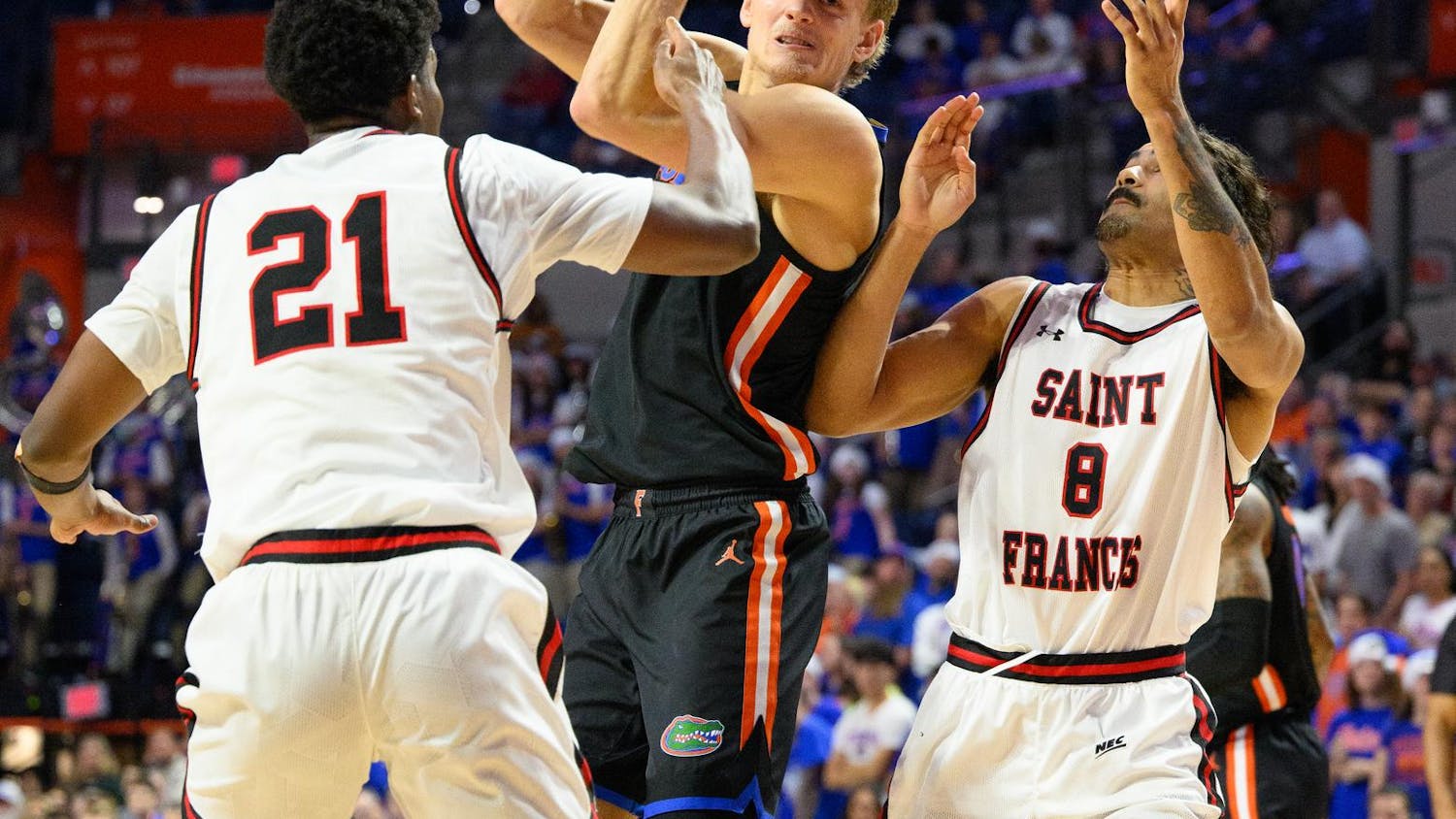It’s been about a week and a half since Election Day, but that’s not I expected you to remember. Multiple recounts in Florida and around the nation have dragged out the elections. In the Florida governor’s race, Democratic candidate Andrew Gillum initially conceded the race to Republican Ron DeSantis but took back his concession after late-counted ballots narrowed the gap between the two candidates to 33,000 votes. Gillum re-conceded Saturday, after a machine recount (machine recounts are required under Florida law if the vote margin is below 0.5 percent) decided the election for DeSantis, with the final margin being above the 0.25 percent threshold for a manual recount. However, the races for Senator (between Democrat Bill Nelson and Republican Rick Scott) and Florida Agriculture Commissioner (between Democrat Nikki Fried and Republican Matt Caldwell) did fall under the 0.25 percent margin, triggering the first statewide manual recount in Florida history. Nelson has reportedly conceded after the recount gave Scott a 10,000 vote lead, while Fried seems all but certain to win with a 6,000 vote lead. This is despite the recount in Broward County going less than smoothly, with more than 2,000 missing ballots amid President Donald Trump’s claims that Democrats are trying to steal the election in Broward.
These recounts are necessary. First, as mentioned before, recounts are mandated under the law in extremely close races. But beyond the legal aspect, recounts are needed to ensure accurate and fair elections. The idea is that when elections are this close, a recount is needed to ensure all votes were counted correctly, as even small numbers of incorrectly counted votes can make a big difference. Recounts give people comfort and assurance that, even though the election was close, all votes were counted fairly and the final margin is the most accurate one. And those who fear recounts can be used to swing election results can rest easy: Historically, recounts rarely change the election outcome.
Still, it seems Florida is more frequently involved in such election controversies and is more often the butt of voting-related jokes. Florida’s reputation for election troubles largely stems from the presidential election of 2000, when due to a confusing ballot design, recounts went on for 36 days until the Supreme Court ordered a halt to the recounts and declared Florida, and the election, for Republican George W. Bush. And even as far back as 1876, Florida was one of the states with electoral votes in dispute (along with Louisiana and South Carolina) in that year’s presidential election. This begs the question: Why? Why does Florida so often have close and recount-worthy elections? One theory, put forward by Democratic strategist Steve Schale, is that Florida lacks an identity of its own: People move here from all over the country, bringing their political affiliations with them, leading to close elections. University of South Florida political science professor Susan McManus emphasized the role of interstate highways in shaping Florida’s political divides, with people from the northeast U.S. coming to Florida on Interstate 95 and settling in southeast Florida, while people from Pennsylvania and the Midwest come via Interstate 75 and settle on the west coast of Florida. Meanwhile, Republican consultant Ron Pierce suggests the contrast between young people coming to Florida for work and older people coming to Florida to retire drives the state’s political division.
So, based on history and demographics, plus the increasing polarization that is occurring nationwide, it looks like Florida is destined for close elections for the foreseeable future. Despite having a Republican state legislature and a Republican governor, these close election results show Florida remains a purple state that is hotly contested on both a statewide and nationwide basis. Through all this, the best we can do is hold our public officials accountable to ensure the process is conducted fairly, while also ensuring our fears are rational and not grounded in conspiracy theories and misinformation. In that way, we may continue having close elections and recounts, but at least we can rest easy knowing the results at the end of the process are accurate.
Jason Zappulla is a UF history junior. His column appears on Mondays.






